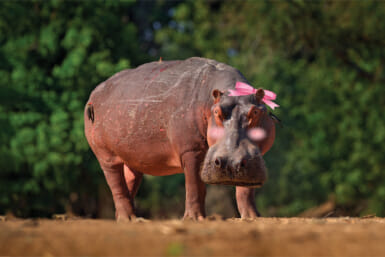The Institute of Cetacean Research, which is responsible for the organisation of Japan’s whaling, sold only 25% of 1,200 tons of whale meat last year, the rest failing to find a buyer at auction, AFP reports.
Demand for minke, Bryde’s and sei meat is higher in regions with deep whale-eating traditions and where whale meat is kept fresh rather than frozen. The institute’s whaling programme was intended to promote whale consumption and increase revenue from whale meat sales. Traders are blaming anti-whaling activists for the “disappointing” auction results, saying that consumers are intimidated into avoiding the cetacean meat.
Western nations, along with environmentalists, actively condemn the actions saying that whale hunting is driving the number of creatures to extinction. Anti-whaling activists also accuse Japan of masking their commercial whaling operation behind the guise of scientific research.
Japan claims that whale hunting has long been a “cultural tradition” and has accused Western nations of “cultural insensitivity”. Whale meat has long been included in school lunch programs and the head of the Institute of the Cetacean Research told Reuters: “We have to preserve this sort of traditional food culture among children.”









